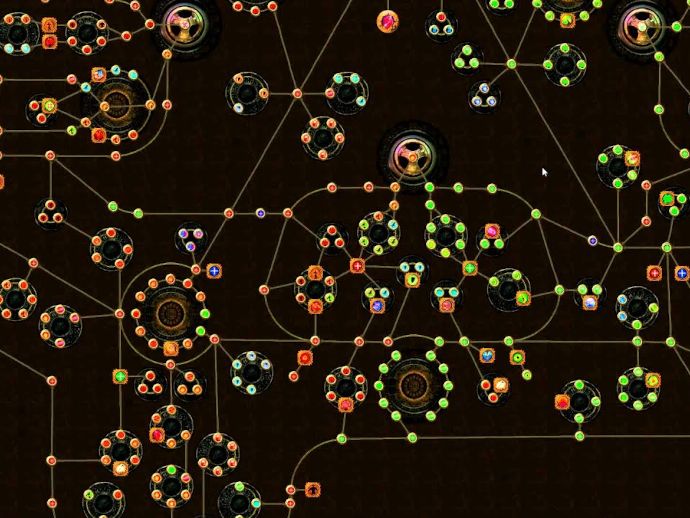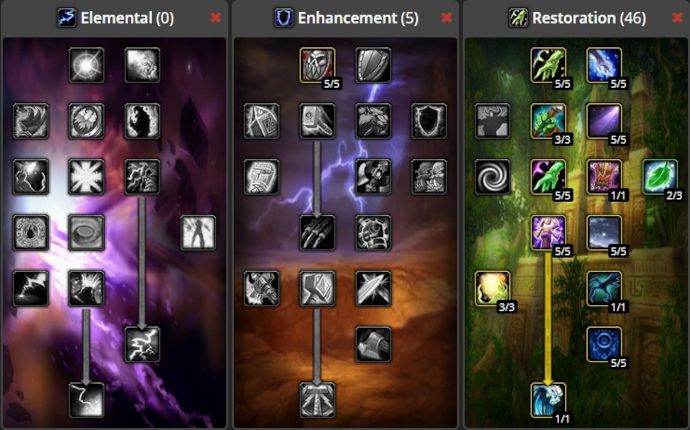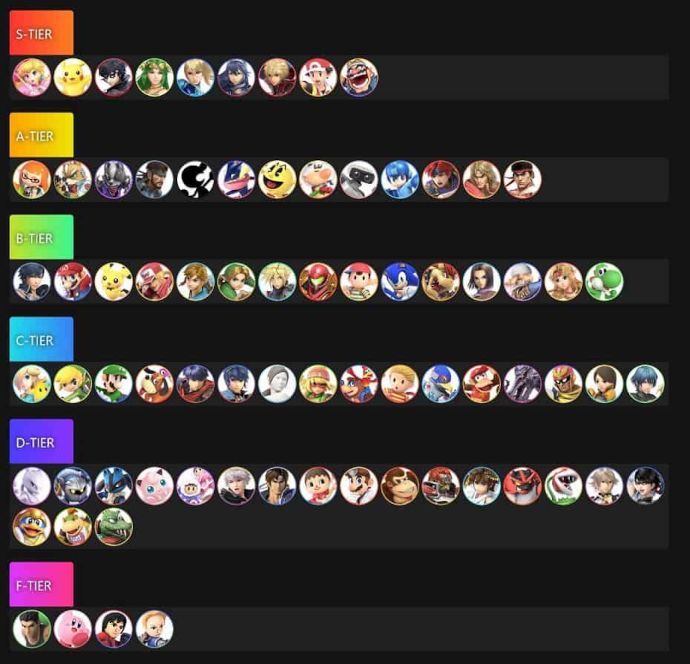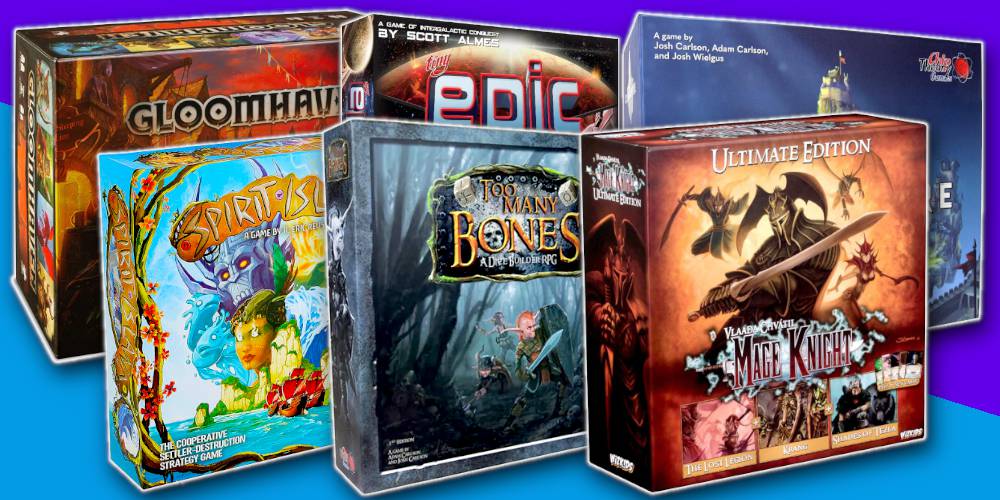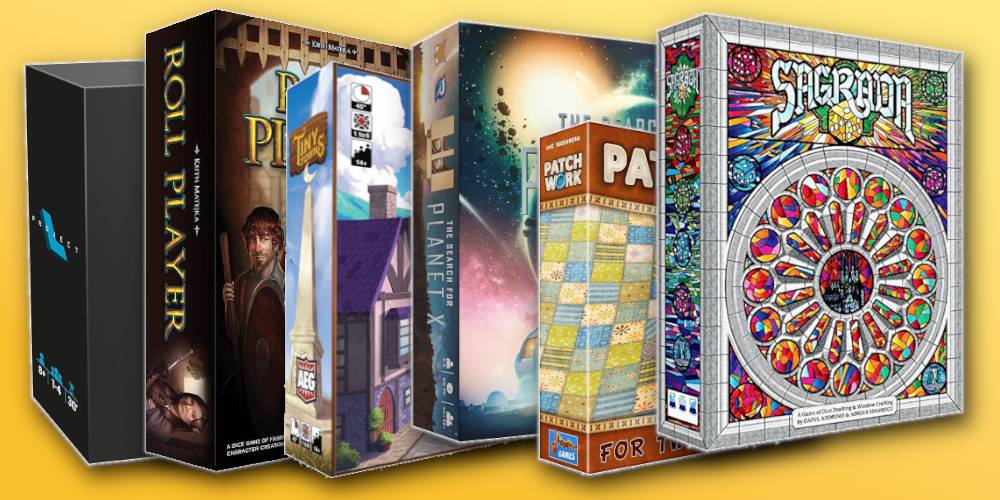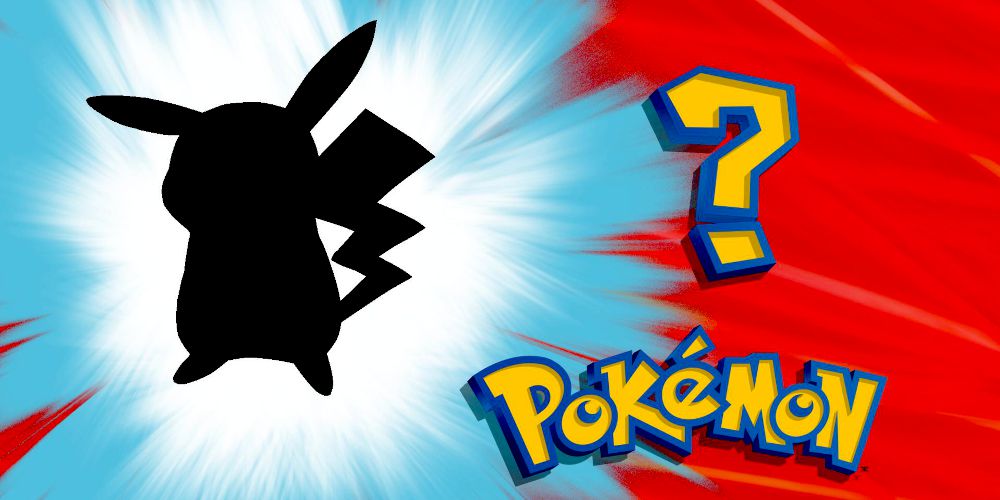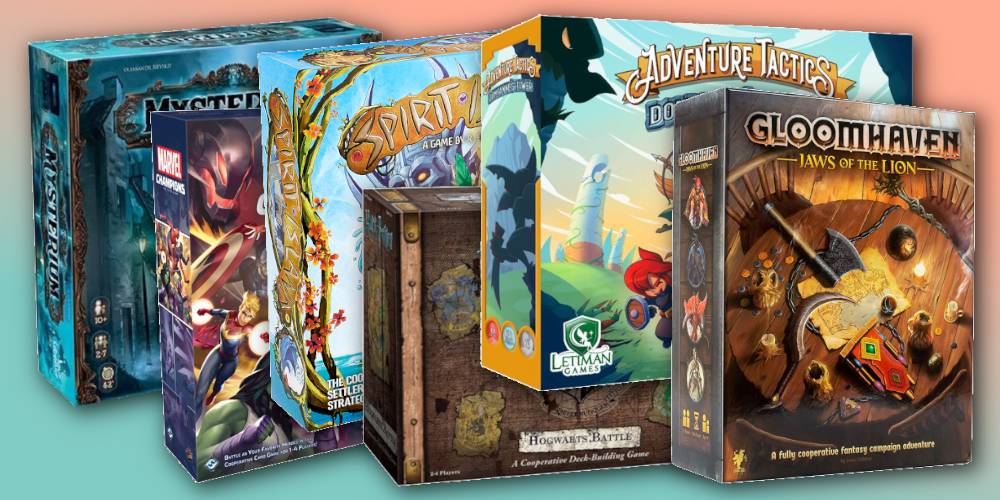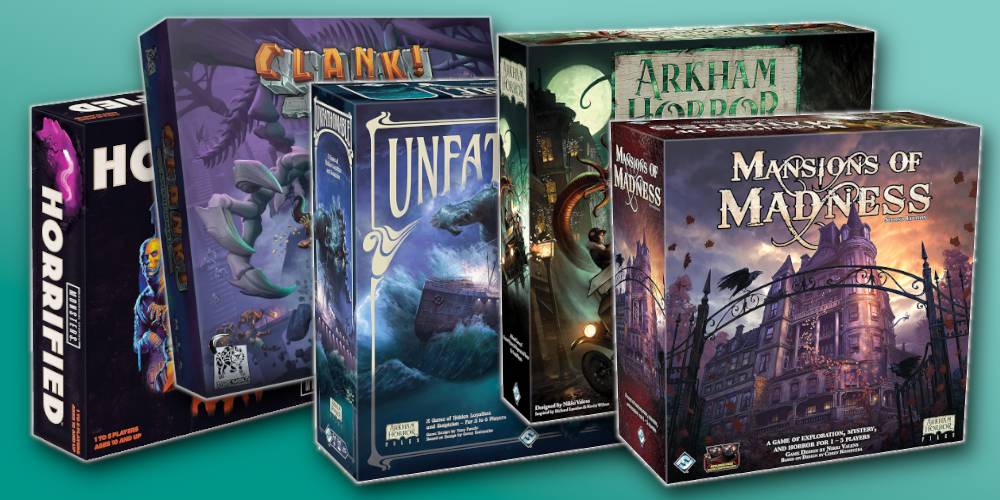Metagaming and Min-Maxing, Defined
Metagamingis when you incorporate knowledge fromoutsidethe confines and rules of a game to inform the decisions you makeinsidethe game.
For example, if you know your opponent inDota 2likes to jungle a certain way, you might rush ahead and lay down wards, or even try to gank him before the game starts.
Or more commonly, knowing that a certain item build is the current trend for a certain character, so you intentionally pursue an unusual item build that can counter it.
Min-maxing, short for minimize-maximize, also known asextreme optimization, is when your primary concern isminimizing disadvantagesandmaximizing advantages.
It doesn’t necessarily mean that you don’t care about other things, like roleplaying, but it does imply that “winning” is the most important thing, and you’re willing to sacrifice other aspects of gaming in order to achieve the min-max ideal.
To me, min-maxing is striving for perfection—a perfect victory, a perfect win-rate, a perfect character build, a perfect performance.
You do everything in your power to achieve the best numbers you can (e.g. health, DPS, leveling speed, raid completion time), and this often necessitates outside game knowledge, which is why metagaming and min-maxing go hand in hand.
Some people say that min-max mentality is a spectrum, but going by this definition, it isn’t. You either are, or aren’t.
Why We’re Drawn to Min-Maxing
Min-maxing is gaming perfectionism. Just as there are many reasons why people are perfectionists at, say, work, there are just as many reasons why someone would embrace to the min-max mentality.
Some people just can’t take losing very well—and when pushed to the extreme, they may exhibit the worst traits of sore losers. Whether it’s conscious or not, min-maxing could be a hedge against the pain of losing, driving players to seek outmaximium performancetominimize the risk of losing.
Related:Signs you’re a sore loser (and how to stop)
This is somewhat related to the fear of losing, but driven by a different motivation.
If a player has something personal to gain by winning (e.g. legitimize their skills) or something to lose by losing (e.g. their reputation), then they may be tempted to min-max every decision simply to prove that they are what they think they are.
Taken further, a player who believes they are top-caliber may min-max their way through matchmaking ranks to prove to themself that they’re actually as good as they believe themself to be.
Min-maxing performance could actually be a means to an end, namely min-maxing the time spent on a game itself.
If a player’s main concern is reaching level 100 so they can start raiding, or they don’t want game night to drag on an extra three hours, then their reason for min-maxing might be to speed up progress and waste less time.
Similarly, a player might min-max to optimize gold-per-hour while farming so they can reach their goals as soon as possible.
For some, the concept of min-maxing has nothing to do with winning, losing, or going faster.
For them, it’s all about the mental challenge of figuring out what the “right answer” is in the face of a question: given a set of possibilities, which of these lead to the best performance?
Figuring that out—or just knowing what the answer is—is the primary joy, and why they min-max everything to death.
Related:The best puzzle subscription boxes for adults
What’s the Problem With Min-Maxing?
To be clear, min-maxing is a valid approach to gaming. I’ll repeat, not all min-max players are intolerable, and not all intolerable players are the min-maxing type.
However, there are a few issues that can arise from embracing the min-max mentality.
How can we know if an “optimal” decision actually exists? And more importantly, how can we know if the supposed “optimal” decision we’ve arrived at isactuallythe optimal choice?
In reality, there may be plenty of “better” options left unfound and unexplored because everyone flocks to whatever isseenas the min-maxed path. When one assumes that the answer is already found, there’s less willingness to experiment, creativity is restricted, and meta trends grow stale.
This is most evident when two min-max players butt heads. Each one thinks they have the right answer, and, unless they’re both exceedingly mature, they’ll argue over who is more correct.
Many times, neither is actuallywrong—and that’s why I’ve come to see min-maxing as a fruitless pursuit. Just as statistics can be molded to support any claim, the “data” in min-maxing can often lead down many paths.
Related:Why I stay away from gaming communities now
When I look back on my min-max days, I realize that they were surprisingly stressful. The constant need to improve and the always-nagging feeling like I’m not actually as optimized as I could be? Yeah, that’s quite a burden to shoulder when all I wanted to do was play a game and blow off some steam.
By definition, a player who decides that X is the proper min-max path is declaring that all other options are inferior—and by extension, this affects how that player views others who choose to take those inferior paths.
Again, a mature player may be able to let this go without letting it affect player dynamics, but more often than not, this leads to conflict when the min-max player feels like they’re being brought down by the inferior decisions of others.
And on the flipside, those inferior players may feel like they’re ruining the game for min-max players because they can’t keep pace.
Yes, I believe metagaming and min-maxing can both kill the sense of magic and wonder that’s present in some games.
My “inferior” casual playthroughs ofFinal Fantasy Tacticsare far more memorable than the stat-optimized runs that came later on, and MMORPGs likeEverQuestwere a lot more immersive before databases and guides stripped everything down into numbers and min-max theories.
This all holds true whether we’re talking about board games or video games, multiplayer games or solo games, although some games are, of course, more prone to issues of metagaming and min-maxing than others.
Gaming Is More Fun Without Min-Maxing
In the end, gaming is all about enjoyment. If you can find a sense of satisfaction and fulfillment in min-maxing, and you can do so without disparaging others, go ahead.
But as for me, I’ve been on both sides—the min-max side and the do-whatever-you-want side—and despite my logical brain and incessant need to solve things, I find that there’s more enjoyment to be had in games when min-maxing is left by the wayside.
Read next:How to find and make geeky friends
What Is Metagaming?
Metagamingis when you incorporate knowledge fromoutsidethe confines and rules of a game to inform the decisions you makeinsidethe game.
For example, if you know your opponent inDota 2likes to jungle a certain way, you might rush ahead and lay down wards, or even try to gank him before the game starts.
Or more commonly, knowing that a certain item build is the current trend for a certain character, so you intentionally pursue an unusual item build that can counter it.
What Is Min-Maxing?
Min-maxing, short for minimize-maximize, also known asextreme optimization, is when your primary concern isminimizing disadvantagesandmaximizing advantages.
It doesn’t necessarily mean that you don’t care about other things, like roleplaying, but it does imply that “winning” is the most important thing, and you’re willing to sacrifice other aspects of gaming in order to achieve the min-max ideal.
To me, min-maxing is striving for perfection—a perfect victory, a perfect win-rate, a perfect character build, a perfect performance.
You do everything in your power to achieve the best numbers you can (e.g. health, DPS, leveling speed, raid completion time), and this often necessitates outside game knowledge, which is why metagaming and min-maxing go hand in hand.
Some people say that min-max mentality is a spectrum, but going by this definition, it isn’t. You either are, or aren’t.
Min-maxing is gaming perfectionism. Just as there are many reasons why people are perfectionists at, say, work, there are just as many reasons why someone would embrace to the min-max mentality.
Fear of Losing
Some people just can’t take losing very well—and when pushed to the extreme, they may exhibit the worst traits of sore losers. Whether it’s conscious or not, min-maxing could be a hedge against the pain of losing, driving players to seek outmaximium performancetominimize the risk of losing.
Related:Signs you’re a sore loser (and how to stop)
Having Something to Prove
This is somewhat related to the fear of losing, but driven by a different motivation.
If a player has something personal to gain by winning (e.g. legitimize their skills) or something to lose by losing (e.g. their reputation), then they may be tempted to min-max every decision simply to prove that they are what they think they are.
Taken further, a player who believes they are top-caliber may min-max their way through matchmaking ranks to prove to themself that they’re actually as good as they believe themself to be.
Impatience or Resourcefulness
Min-maxing performance could actually be a means to an end, namely min-maxing the time spent on a game itself.
If a player’s main concern is reaching level 100 so they can start raiding, or they don’t want game night to drag on an extra three hours, then their reason for min-maxing might be to speed up progress and waste less time.
Similarly, a player might min-max to optimize gold-per-hour while farming so they can reach their goals as soon as possible.
The Joy of the Puzzle
For some, the concept of min-maxing has nothing to do with winning, losing, or going faster.
For them, it’s all about the mental challenge of figuring out what the “right answer” is in the face of a question: given a set of possibilities, which of these lead to the best performance?
Figuring that out—or just knowing what the answer is—is the primary joy, and why they min-max everything to death.
Related:The best puzzle subscription boxes for adults
To be clear, min-maxing is a valid approach to gaming. I’ll repeat, not all min-max players are intolerable, and not all intolerable players are the min-maxing type.
However, there are a few issues that can arise from embracing the min-max mentality.
False Assumptions
How can we know if an “optimal” decision actually exists? And more importantly, how can we know if the supposed “optimal” decision we’ve arrived at isactuallythe optimal choice?
In reality, there may be plenty of “better” options left unfound and unexplored because everyone flocks to whatever isseenas the min-maxed path. When one assumes that the answer is already found, there’s less willingness to experiment, creativity is restricted, and meta trends grow stale.
This is most evident when two min-max players butt heads. Each one thinks they have the right answer, and, unless they’re both exceedingly mature, they’ll argue over who is more correct.
Many times, neither is actuallywrong—and that’s why I’ve come to see min-maxing as a fruitless pursuit. Just as statistics can be molded to support any claim, the “data” in min-maxing can often lead down many paths.
Related:Why I stay away from gaming communities now
Unnecessary Pressure
When I look back on my min-max days, I realize that they were surprisingly stressful. The constant need to improve and the always-nagging feeling like I’m not actually as optimized as I could be? Yeah, that’s quite a burden to shoulder when all I wanted to do was play a game and blow off some steam.
The Taint of Superiority
By definition, a player who decides that X is the proper min-max path is declaring that all other options are inferior—and by extension, this affects how that player views others who choose to take those inferior paths.
Again, a mature player may be able to let this go without letting it affect player dynamics, but more often than not, this leads to conflict when the min-max player feels like they’re being brought down by the inferior decisions of others.
And on the flipside, those inferior players may feel like they’re ruining the game for min-max players because they can’t keep pace.
The Magic Disappears
Yes, I believe metagaming and min-maxing can both kill the sense of magic and wonder that’s present in some games.
My “inferior” casual playthroughs ofFinal Fantasy Tacticsare far more memorable than the stat-optimized runs that came later on, and MMORPGs likeEverQuestwere a lot more immersive before databases and guides stripped everything down into numbers and min-max theories.
This all holds true whether we’re talking about board games or video games, multiplayer games or solo games, although some games are, of course, more prone to issues of metagaming and min-maxing than others.
In the end, gaming is all about enjoyment. If you can find a sense of satisfaction and fulfillment in min-maxing, and you can do so without disparaging others, go ahead.
But as for me, I’ve been on both sides—the min-max side and the do-whatever-you-want side—and despite my logical brain and incessant need to solve things, I find that there’s more enjoyment to be had in games when min-maxing is left by the wayside.
Read next:How to find and make geeky friends



![]()


